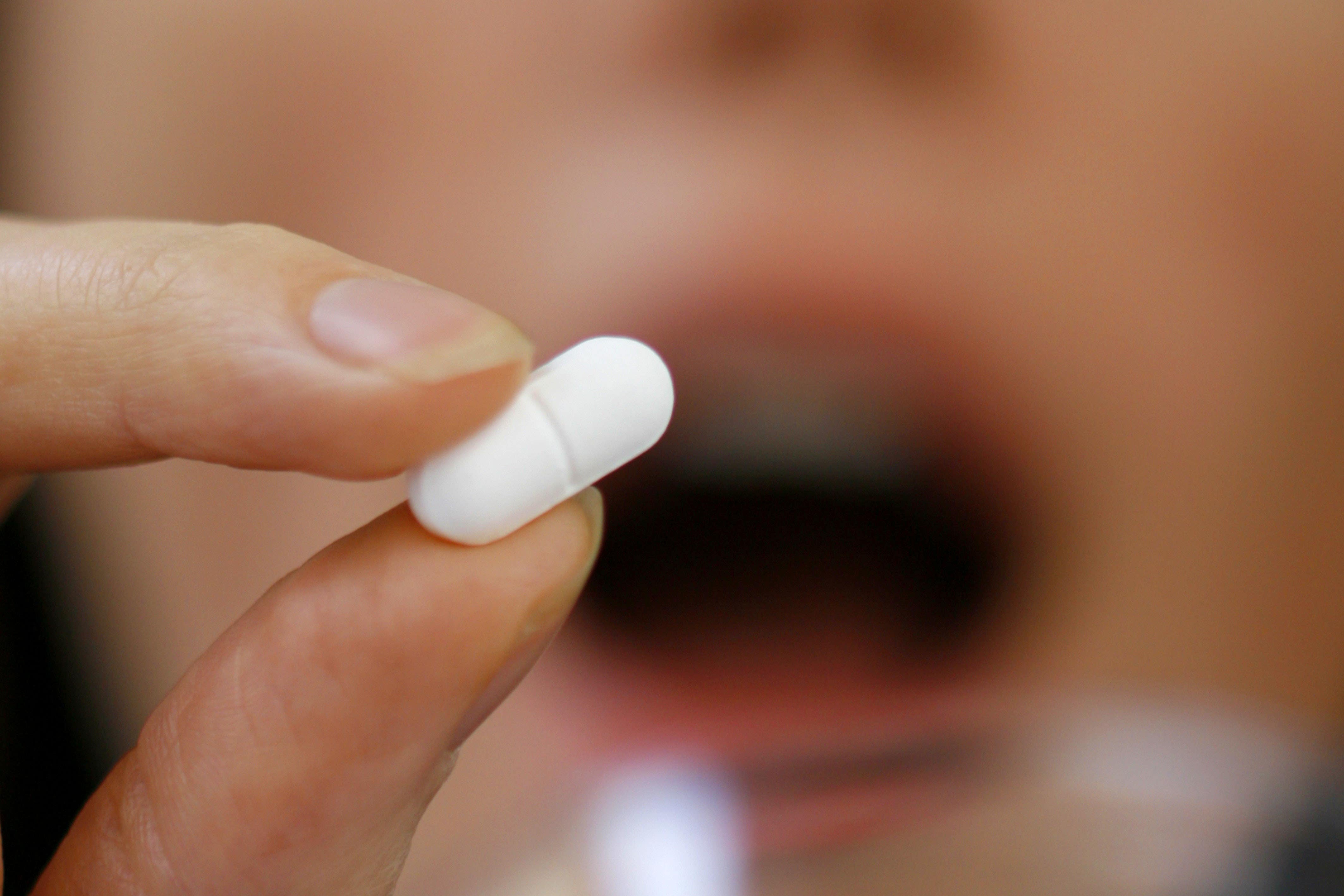A little blue pill is creating a stir in Hollywood – and no, it’s not Viagra. It’s propranolol, a beta blocker originally designed for heart conditions, that’s now making its way into dressing rooms, award ceremonies and even first dates.
At red carpet events this year, actors Kristen Bell, Rachel Sennott and Natasha Rothwell all mentioned taking beta blockers. But they weren’t the first.
In 2022, Khloe Kardashian admitted she borrows her mother’s pills to calm her nerves. And last year, at the Golden Globe awards, Robert Downey Jr. quipped: “I took a beta blocker, so this will be a breeze.” What’s behind this unlikely trend – and how did a drug for heart disease become a Hollywood anxiety fix?
To understand why A-listers are reaching for heart medication, we need to look at how these drugs actually work.
Beta blockers, such as propranolol and atenolol, were first developed in the 1960s to treat heart conditions such as high blood pressure, arrhythmias (irregular heart rate) and angina. Doctors soon discovered they also worked for other conditions, including migraines and an overactive thyroid.

The use of beta blockers for anxiety was first identified in 1965, when they demonstrated calming effects during clinical trials aimed at treating rapid heart rate associated with hyperthyroidism. Although licensed to treat anxiety in the UK, propranolol is increasingly prescribed off-label (prescribing a drug for a condition it’s not officially approved to treat, based on clinical judgment and available evidence) in the US, as it remains unlicensed by the Food and Drug Administration.
So, how do beta blockers help with anxiety? Adrenaline is a hormone that activates the body’s fight-or-flight response, often causing symptoms such as rapid heartbeat, sweating and trembling. Beta blockers work by blocking adrenaline’s effects on specific sites in the body called beta receptors.
When beta blockers attach to the beta receptors in the heart, they prevent adrenaline from exerting its usual effects. This leads to a slower heart rate and weaker heart contractions. This, in turn, lowers blood pressure by reducing the heart’s demand for oxygen. By blocking adrenaline, beta blockers help to reduce the physical symptoms of anxiety – racing heart, trembling hands and sweating.
But how well does it actually work for anxiety? The research paints a complex picture. In one study, patients who took propranolol had significantly lower anxiety and depression compared with those who received a placebo.

Another study looked at two different doses of propranolol (20mg and 40mg) and found that both doses led to noticeable improvements in anxiety levels compared with participants who didn’t take any anxiety medication.
However, a recent review of the evidence concluded that while propranolol may help with physical symptoms of anxiety, the evidence that it helps in comparison to other anxiety medication is limited – a lot of the clinical trials have few participants and are of low quality.
Unlike Valium (diazepam), the benzodiazepine known in the 60s as “mother’s little helper”, propranolol is not addictive. It doesn’t produce sedation or euphoria, and its risk of dependence is low. However, it’s not without risks or side effects.
Common side-effects include dizziness, fatigue, cold hands and feet, and vivid dreams. More serious risks – though rare – include heart failure, breathing difficulties and allergic reactions.
People with asthma, diabetes or certain heart conditions need to consult a doctor or pharmacist as beta blockers are often unsuitable for them.
There have also been increasing cases of propranolol being used in overdose. It may cause your heart to slow down too much, lead to dizziness, shaking or seizures and make breathing difficult.
The prescription reality
Despite not appearing in national guidelines, doctors are increasingly prescribing propranolol for anxiety. Research shows doctors view it as a pragmatic, low-risk option – especially for patients on long waiting lists for counselling or reluctant to take antidepressants.
Propranolol targets the body’s response to anxiety, not the underlying psychological causes. It may help someone deliver a speech without shaking or take an exam without sweating, but it won’t address persistent worry or panic attacks. As such, it’s best seen as a short-term aid rather than a long-term solution.
For ongoing anxiety, evidence-based treatments like cognitive behavioural therapy, mindfulness and antidepressants are more appropriate. UK guidelines recommend these approaches as initial treatments.
Before you start raiding your mum’s medicine cabinet for a dose of red-carpet calm, remember it’s a beta blocker, not a bravery booster. It won’t fix your fear of public speaking or make you smoother on a first date – though it might stop your hands from shaking while you try.


